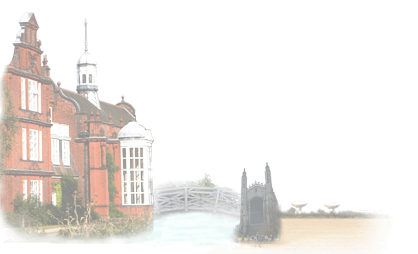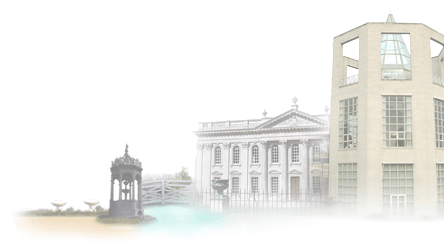A Cambridge perspective
on the digital world



November 2001
The world seems a much less certain place than it did six months or a year ago. But we cannot sit in shock for ever. Governments are dealing with the political and security implications of September 11th. What can companies do to deal with the economic implications - coming as they do fast on the heels of a series of other shocks to the economic system?
More and more companies are listing terrorism as a potential threat to their business: 1,200 US companies have done so in filings to the Securities and Exchange Commission since September 11th. But for most businesses, the real threats in the current environment are elsewhere. The greatest threat is likely to be an internal one: failure to react to the new situation, of which terrorism, for all its destructive power, is only one symptom.
Faced with a threat, one natural reaction is to do what a snail does: draw in your horns and retreat inside your shell until it blows over. Many companies have cut back on discretionary spending and retreated to what they perceive as the 'irreducible core' of their activities.
Unfortunately, the current economic environment is not one in which snails are likely to prosper. What the shocks of the past year have revealed is that familiar, safe, tried and tested strategies no longer work. In an interconnected world, commercial as well as political enemies can fly under your defences and turn your own resources against you. This is a problem that is not going to go away.
What is the best form of defence? It is not sitting and waiting, and hoping that the shell will hold. The best form of defence is active, not passive: taking the initiative onto enemy ground.
September 11th has stimulated political innovation to an unprecedented degree, with unheard-of discussion and co-operation between countries previously not on speaking terms.
The economic shocks of the past year need to stimulate a similar degree of commercial, and technological innovation. At the height of the technological boom, innovation was stimulated by the desire to get rich quick. When events proved that it wasn't that easy, much of the flow dried up.
But at a time of unprecedented change, companies that are not innovating are simply waiting to be devoured; waiting for someone with sufficient malice and motivation to find the weak point in the shell. In recent years, innovation was delegated to predatory VCs, while major companies got on with the serious business of making money from proven business formulae. That is no longer enough: one by one, the 'proven formulae' are revealing their weaknesses. Of course innovation involves risk, but recent evidence suggests that the risk is not diminished by staying at home.
In a time of stability, hiding out and hoping is a viable strategy. In times of uncertainty and change, the only hope is to have the courage to seek out new solutions. Those that are doing this will be the new leaders of the commercial, as well as the political world.
